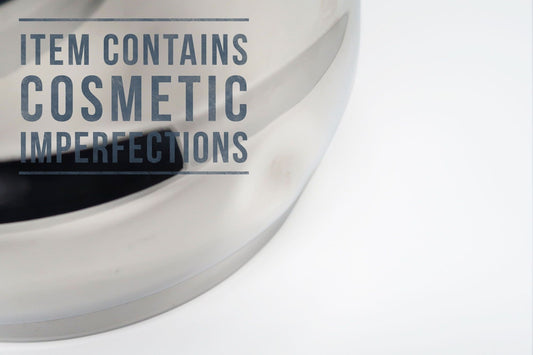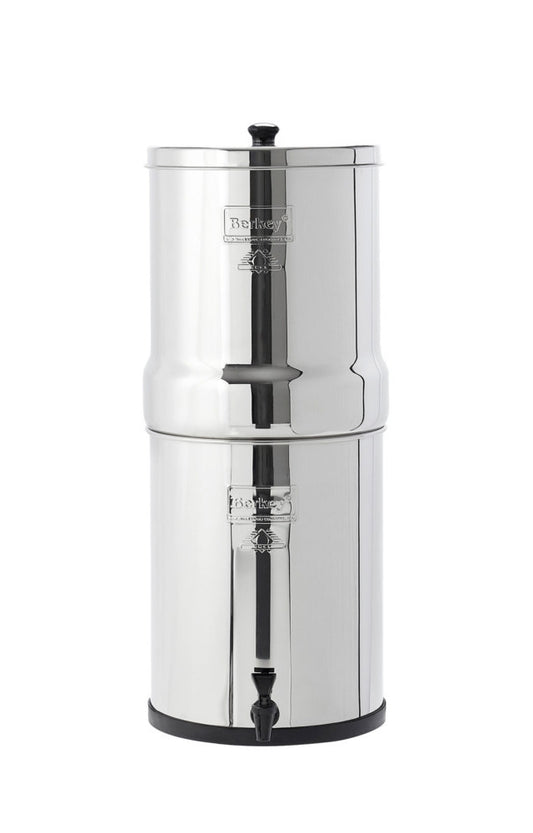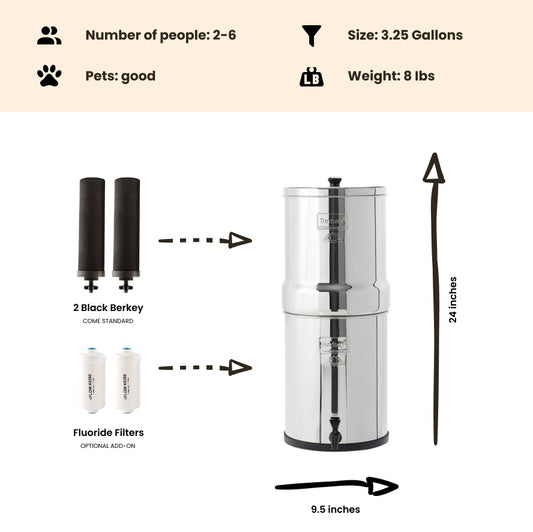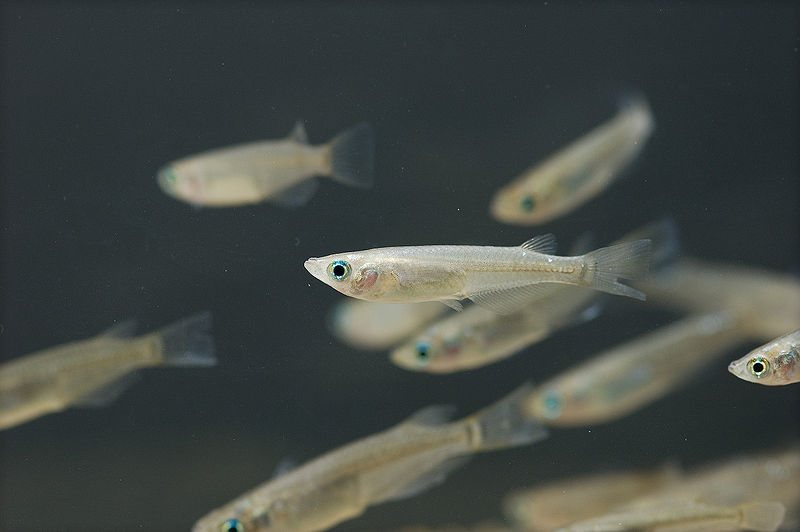
New Research Shows BPA can Negatively Affect Reproduction In Fish for Three Generations
By Dan DeBaunShare
** Bisphenol A, commonly known as BPA, is a chemical compound that is widely used in many everyday consumer products
** Researchers have found that when fish are exposed to endocrine-disrupting chemicals such as BPA, the adverse impacts remain in effect for up to 3 generations
** Findings showed a 30% decrease in the fertilization rate of fish two generations after exposure and a 20% reduction after three generations
Bisphenol A, commonly known as BPA, is a chemical compound that is widely used in many everyday consumer products, including water and soft drink bottles, linings of metal food and beverage cans, as well as dental composites. Unfortunately, these and other contaminants typically end up in our freshwater systems where they can have profound ecological effects.
Now, researchers from the University of Missouri-Columbia and the U.S. Geological Survey (USGS) have found that when fish are exposed to endocrine-disrupting chemicals such as BPA, the adverse affects of these contaminants are not only passed on to their offspring, but also onto their offspring's offspring, and their offspring too. Consequently the adverse impacts of BPA remains in effect for up to three generations.
BPA is a known hormone disruptor that mimics the functions of natural hormones in both humans and animals. Fish and other aquatic species are typically exposed to these chemical contaminants during critical stages of their development, and in some cases may be exposed throughout their entire life cycle.
According to lead author, Ramji Bhandari, an Assistant Professor of Biological Science at the University of Missouri who is a visiting scientist at the USGS, "this study shows that even though endocrine disruptors may not affect the life of the exposed fish, it may negatively affect future generations."
Bhandari together with fellow research scientists Frederick vom Saal, a Professor at the University of Missouri, and USGS research toxicologist, Don Tillitt, exposed medaka fish to BPA and other chemicals for a week during the embryonic development stage. The scientists then monitored their offspring for four generations. None of the future generations were exposed to BPA or other chemicals. While there was no evidence of reproductive abnormalities in the first two generations of offspring, the scientists found the rate of fertilization to be lower, and embryo mortality higher, in future generations.
Bhandari explains that the medaka fish was selected for this study due to their shorter generations, which made it the perfect candidate for the research study at hand. "Findings showed a 30% decrease in the fertilization rate of fish two generations after exposure and a 20% reduction after three generations. If those trends continued, the potential for declines in overall population numbers might be expected in generations far removed from the initial exposure."
According to co-author,Don Tillet: "This study examined concentrations of BPA and other chemicals that are not expected to be found in most environmental situations. However, concern remains about the possibility of passing on adverse reproductive effects to future generations at lower levels."
As BPA is known to have reproductive and other ill effects on humans, take precautions to protect yourself and the future generations of your family by ensuring the water you drink is free from BPA and other chemical contaminants. Berkey Water Filters are BPA free, and the Black Berkey filter elements that are fitted in the upper filter chamber have been proven to remove BPA from drinking water to >99.9%.
Journal Reference
Ramji K. Bhandari, Frederick S. vom Saal, Donald E. Tillitt. Transgenerational effects from early developmental exposures to bisphenol A or 17α-ethinylestradiol in medaka, Oryzias latipes. Scientific Reports, 2015; 5: 9303 DOI: 10.1038/srep09303
-
Regular price From $302.00 USDRegular priceUnit price / per
-
Regular price $234.00 USDRegular priceUnit price / per
-
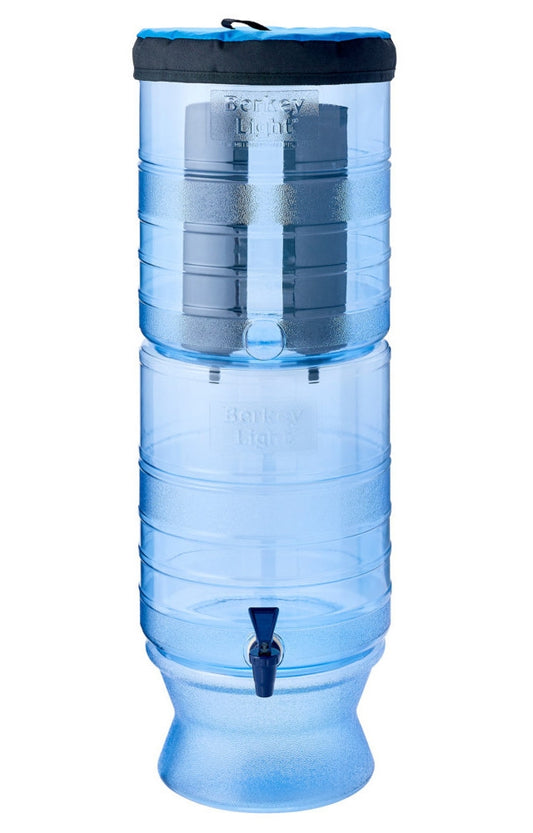
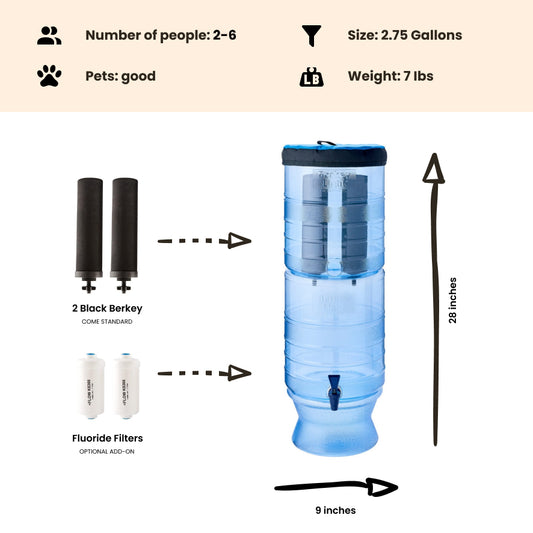 Sold outRegular price From $305.00 USDRegular priceUnit price / per
Sold outRegular price From $305.00 USDRegular priceUnit price / per -
Regular price $327.00 USDRegular priceUnit price / per
-
Regular price From $367.00 USDRegular priceUnit price / per
-
Regular price From $408.00 USDRegular priceUnit price / per
-
Regular price From $451.00 USDRegular priceUnit price / per

Dan DeBaun
Dan DeBaun is the owner and operator of Big Berkey Water Filters. Prior to Berkey, Dan was an asset manager for a major telecommunications company. He graduated from Rutgers with an undergraduate degree in industrial engineering, followed by an MBA in finance from Rutgers as well. Dan enjoys biohacking, exercising, meditation, beach life, and spending time with family and friends.
~ The Owner of Big Berkey Water Filters



